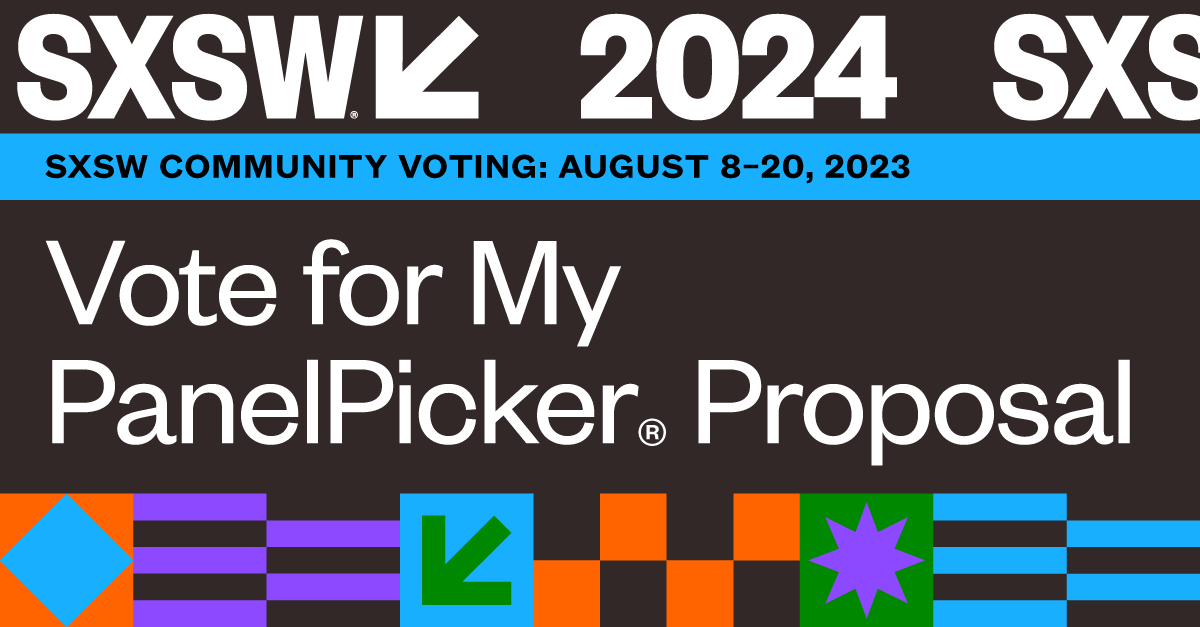As some of you already know, South by Southwest ®(SXSW) is one of the world’s premier events showcasing music, film and interactive media. This internationally-recognized event has live panels, special events, cinema and combines entertainment and educational activities in a conference and festival atmosphere. The event takes place annually in Austin, Texas in the United States – this year between March 8th and 16th, 2024.
I have made a proposal to participate by making a presentation entitled “Legal Implications of AI: The Good, the Bad and the Ugly” and voting by the online community is now live! That allows the public to help the organizers decide on ideas that are the most creative, innovative, and relevant for 2024. Starting today and until August 20th (11:59 PM PT), you can see my proposal and vote using this link: Legal Implications of AI: The Good, the Bad and the Ugly. I hope you will vote to include my presentation in the event.
My objective is to make the presentation interactive and entertaining, including some potentially innovative uses of AI to make the point. What do I want to talk about? First, how does current law deal with the film, television, music, art, literary industries – what are the challenges and the opportunities. Second, how can celebrities, sports figures, creative artists and talented professionals protect themselves while also exploiting the evolving technology. Of course, last but not least, is it too soon to start regulating AI? If so, what are we waiting for? If not, how do we even suggest regulation when we can’t predict where we are going?
I won’t pretend to have all the answers, but I will try to provide an enlightening, stimulating and thought provoking presentation – and yes, entertaining! Again, I would appreciate your vote: Legal Implications of AI: The Good, the Bad and the Ugly.





